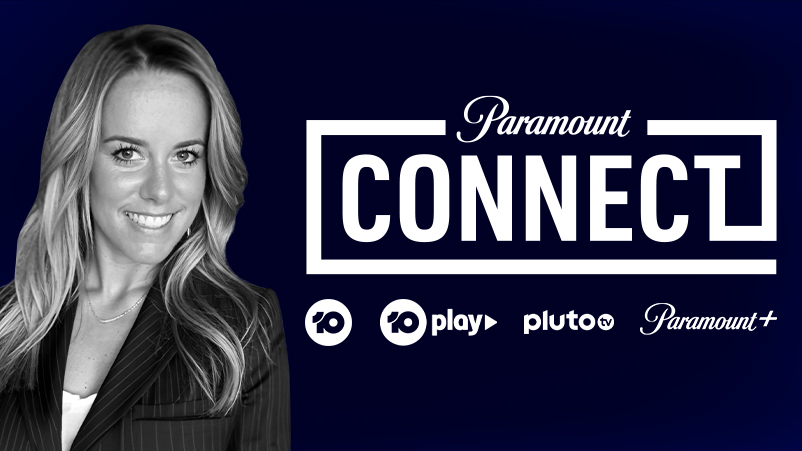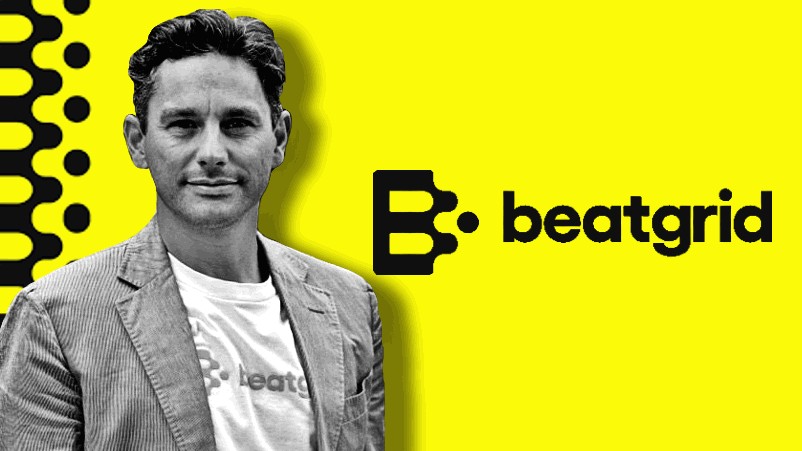How work became an inescapable digital hellhole: a strategist breaks it down
Key points
Helen Anne Peterson’s no-holds-barred description of a typical day in her digital life rang terrifying bells all across the globe.
- In the US, a 2013 study found millennials check their phones 150 times a day, and a 2016 study claimed we log six hours and 19 minutes of scrolling, texting and stressing out over emails a week.
- In 2015, John Herman coined the term ‘LARPing your job’ to describe the evidence we produce to prove we’re doing our jobs (posting on Slack, responding to calls and emails etc.) versus actually doing our jobs
- Apps are engineered to be addictive, ransacking our free time, stealing joy and solitude, and leaving only exhaustion and regret
- Instead of optimising work, technology has created a non-stop barrage of notifications and interactions. Six months into a pandemic, it’s worse than ever. Digital leisure is really digital labour.
- The utopian promises of technology have created more work, more responsibilities and more opportunities to feel like a failure.
Facebook’s mission is to bring the world together. Slack promised us they’d kill email. So, what went wrong?
Who hasn’t tried to set tech boundaries as we navigate the new normal of working from home, at least some of the time?
Find me a marketing industry insider who hasn’t desperately set screen time limits, only to click ‘ignore’ time and time again, and I’ll show you a liar.
Much has been written about the dangers of being always-on, but the increasingly blurred lines between office and home have HR experts, fielding desperate calls from burnt-out staff, scratching their heads once more.
The internet was supposed to save us time.
Derek Powazek was the first to coin the saying, “if you’re not paying for the product, you are the product.” Put simply, most apps make money by monetising the data they collect on their users. The more data they have, the more they can typically charge for targeted advertising. And the more data they need, the longer they need you to spend in their app.
Avery Hartman wrote a wonderful piece for Business Insider on the tricks apps use to lure you in and get you addicted. But surely now Pandora’s Box has been opened and we know just how much time we’re wasting spending online; we can put a stop to it?
Well, not exactly. It’s kind of like drugs and alcohol. Addictive substances work by keeping you addicted even when you try to attempt moderation.
Peterson perfectly captures the guilt many of us feel when we fail to complete a digital detox. We berate ourselves. We question why we’re so weak.
Only now, some of us are starting to point that blame elsewhere and question whether the smartphones we view as an extension of ourselves have our best interests at heart.
So, can we expect a full-scale revolt? Will offices up and down the land be ditching email, direct messaging and reinstating the out-of-office? Probably not. Habits are notoriously slow to form and hard to break.
That said, I predict a tidal wave of efficiency experts working with businesses to boost staff productivity and, more importantly, future-proof our industry by protecting our most valuable asset, people, from burnout.


